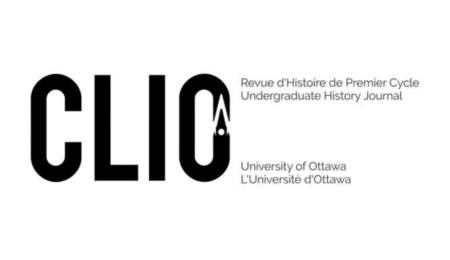U of O professor talks about reducing crime in North America at TEDx
Whether or not you or someone you know is charged with a crime, all members of society—including university students—are affected by Canadian crime rates.
Irvin Waller, criminology professor at the University of Ottawa, spoke at TedxUOttawa on Nov. 23, a self-organized forum based on the original TED talks series. His talk was about crime rates in Canada and the United States and how to combat street crime, robberies, car thefts, and sexual assaults on university campuses.
Waller, who serves as president of the International Organization for Victims’ Assistance, highlighted the importance of forums like TEDx as tools for transmitting information and educating a broader audience.
He has worked with universities, governments, and international agencies to discuss the effectiveness of investing in youth, rather than incarcerating them, as a means of reducing crime levels and overspending in the United States.
Waller said in the United States, and to an extent in Canada, law enforcers are “pursuing 19th century methods that are based on trying to incarcerate young men.”
His new book, Smarter Crime Control: A Guide to Safer Futures for Citizens, Communities and Politicians, is meant to guide politicians in the formation of policies.
He said the public needs to “become much more actively involved in getting policies that actually work and are cost-effective.”
Regarding incarceration in Canada, he said the public has a “responsibility in ensuring that native groups in Canada are not disproportionally the victims of violence” and are not disproportionally incarcerated for violent crimes. The discrimination against the aboriginal community is not part of “an acceptable future for Canada,” he said.
Waller is motivated by the immense changes he has witnessed in Canadian crime policies. Not long ago, corporal punishment was common in Canadian prisons and capital punishment was still being administered. A few decades ago there were few resources for victims and no financing for the prevention of crime.
He believes that while we must be “patient but persistent” in advocating for equality and victims’ rights, there is the potential for more rapid establishment of fair criminal justice policies through the use of social media.
Like TEDx talks, social media has the ability to enlighten the consciousness of a greater volume of people and develop a wider understanding of a more effective criminal justice system. An interest in crime policy is imperative because it’s an investment in a future students will engage and live in.
If we fail to develop a competent way of dealing with crime, Waller said Canada will have its “taxes wasted on actions that are not solutions.”





